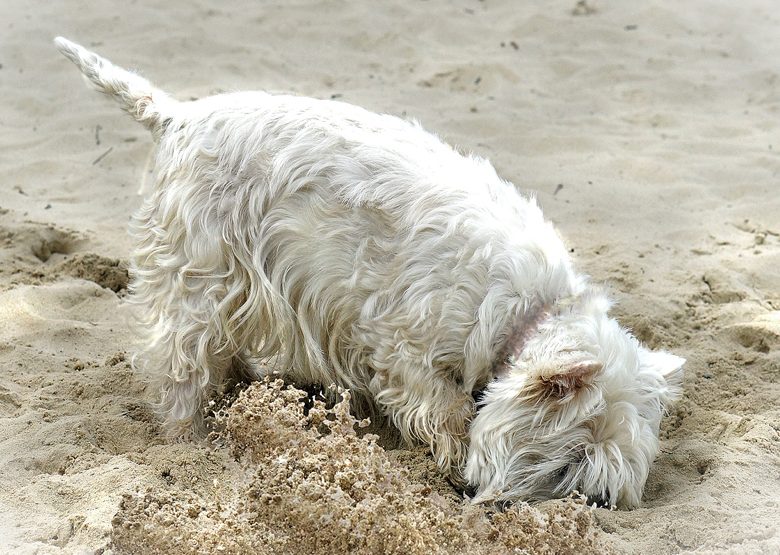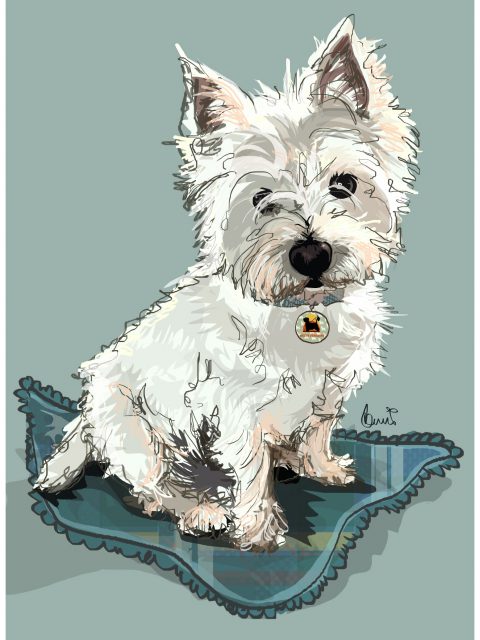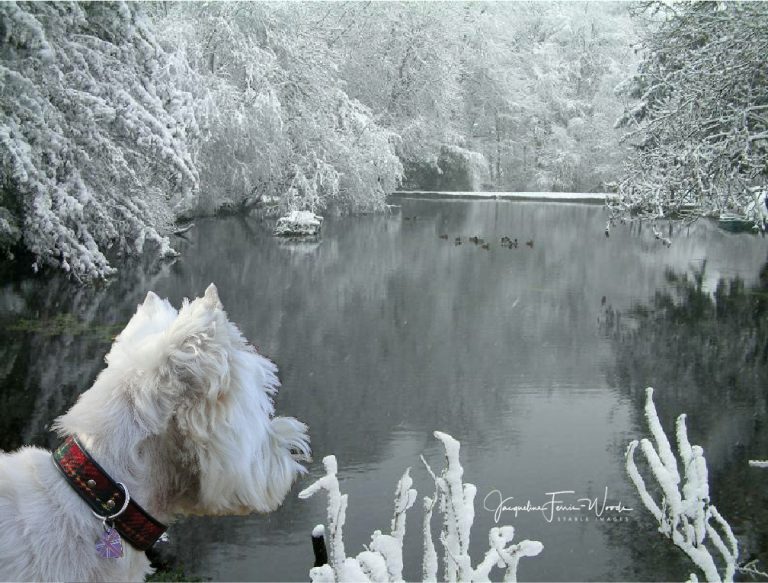On The Beach
” …… all your troubles are out of reach, on the beach” (Cliff Richard) – Or are they??
A good walk on a beach is so good for the soul, and dogs love it too, just as much as we do. The clean, salty air is a great stress reducer and mood enhancer, and for the dogs there are so many interesting and enticing smells to explore. Add to that the healing power of the ocean and you have the perfect uplifting setting. As Euripides the Greek Dramatist said, “The sea washes away the ills of mankind”. Salt air contains negatively charged ions which readily absorb oxygen. Breathing in these ions can do wonders to alleviate coughing, and help asthma sufferers . If your dog is elderly or has breathing problems the salt air at the beach might really make a difference. Salt water has a lot of beneficial properties for both human and animal skin, natural sea salt has many minerals that can benefit your dog’s skin in moderation. However, when you get home it is good practice to wash your dog with a mild shampoo to remove residual salt, and any sand that may cause a rash.
So, it’s all pretty positive so far, however, it pays to be aware of some possible hazards that could spoil the trip for you and your dog.

Jelly Fish
Have a huge fascination for dogs and the tentacles of these strange creatures produce a very nasty sting, particularly if the dog tries to lick or even eat them. We once had a horrible experience on a Scottish island when one of our westies found a jelly fish, rolled in it and tried to eat it before we noticed what was happening. The vet was a ferry journey away and the poor boy was in great distress. The emergency treatment was to wash him with salt water (not clean water!!) but it was a while before he had any relief. An experience not to be repeated!
Jelly fish aren’t always easy to spot, especially in the water, so be warned.
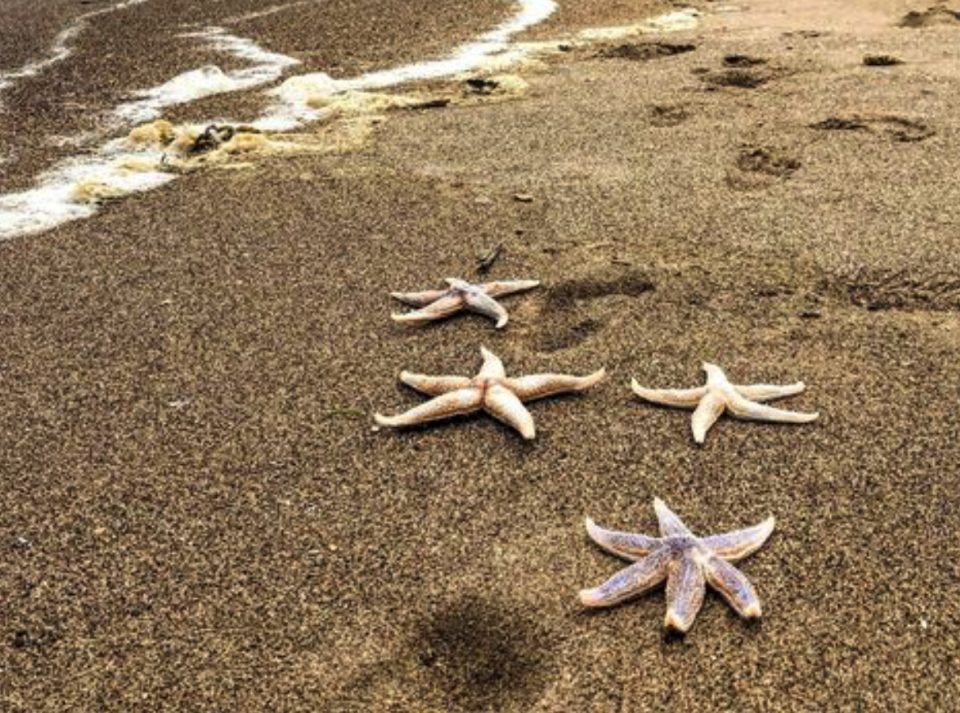
Starfish
These aren’t strictly speaking fish at all, but are very common around the UK coast, particularly found in rockpools feasting on mussels. They was recently a ‘starfish apocalypse’ of toxic starfish washed up on the North Wales coast around Colwyn Bay and Llanddulas. These were a particular hazard to dogs and dog walkers who were warned to avoid the beaches.
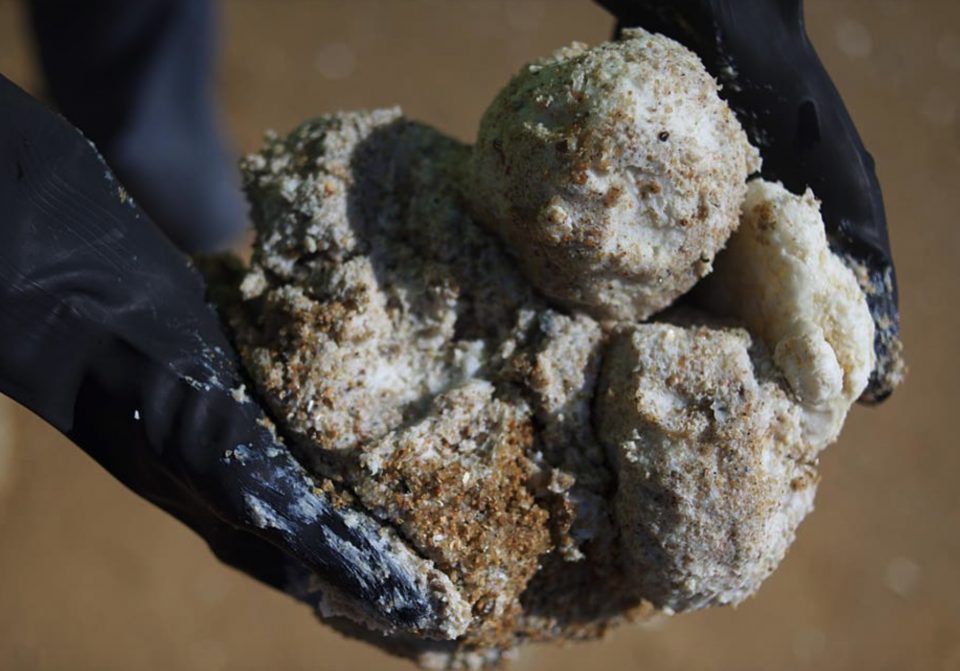
Palm Oil
is another substance that is washed up on the shores of UK, most often on the south coast although it can be found anywhere around the coast. It is very highly toxic to pets and has been responsible for the death of a number of dogs. It is seen as a white or yellowish waxy lump, and anyone finding palm oil on the beach is advised to alert the coastguard so that they can arrange for its disposal.
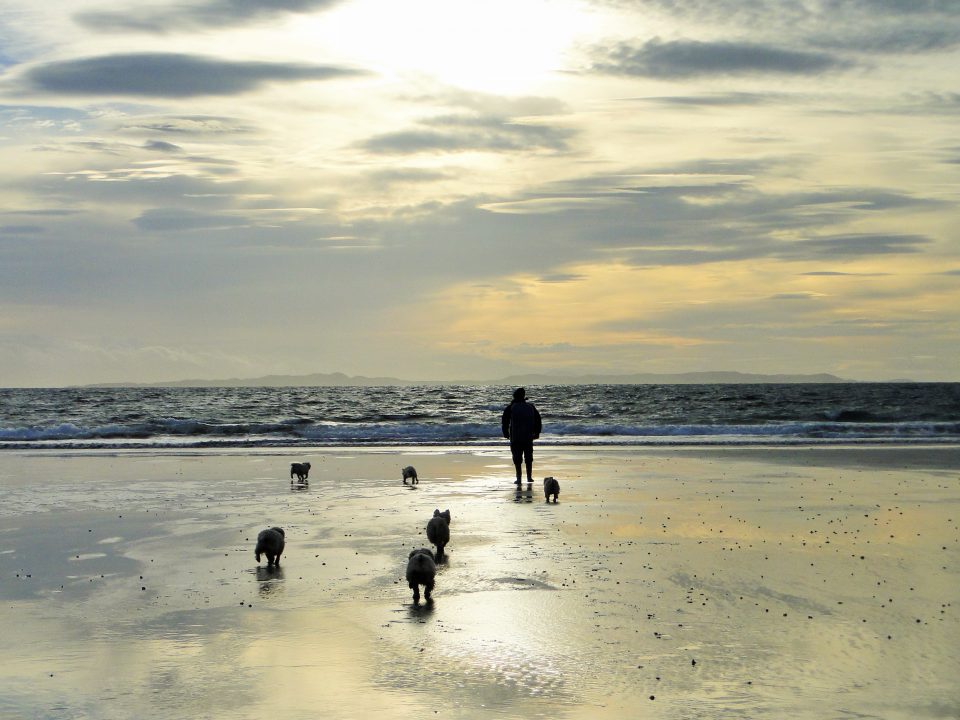
Drinking sea water
It is not wise to let your dog drink sea water as it usually give them diarrhoea due to the high levels of sodium ingested. This will be self limiting after a few hours, but be sure to give your dog plenty of fresh water to balance out the salt and to wash it out of its system.
Eating seaweed
If your dog eats seaweed stalks they can cause a blockage in its stomach or gut. This can be an emergency situation which may need a serious operation to remove the stalk. Dried seaweed can also cause a problem as it expands when it’s eaten and can make your dog pretty sick.
Swimming
Even if your dog is a strong swimmer, the sea can be very unpredictable and even a calm looking sea can have hidden dangers. The power of the sea means that your dog can easily be caught off guard by big waves or rip tides. A bit of caution can go a long way to keeping him safe.
Eating Sand & other rubbish
Dogs can ingest enough sand through sand covered toys to cause a serious impaction in the gut. Debris washed up on the beach can often include fish-hooks and broken fishing lines which can be fatal. Eating dead fish or birds found on the beach can cause illness through toxins present in the decaying carcass. (We can speak through experience on this one too, when our greedy Scottie decided to sample a rotting seagull and needed a trip to a vet for an antidiarrheal medication. Not really what you want on holiday!!)
Hot Sand
Hot sand is very painful! If it is too hot for you to stand on, then it’s too hot for your dog to stand or lie on too. Check your dog’s paw pads frequently for burns, and carry him to a wet sandy surface to prevent problems.
Don’t Forget Your Sunscreen
Short-coated breeds, white dogs or dogs that have been clipped too short will need a sunscreen. You can use a chemical-free sunscreen with at least 30 SPF and apply often, or use one that’s made especially for dogs. Don’t forget to apply it liberally on your dog’s ear tips, nose and paws!
And Finally……
It’s too easy not to notice the rising temperature with a sea breeze. Always, always be looking for signs of heatstroke in your dog if the weather is warm and be sure to be familiar with the signs, as well as providing shade and water.
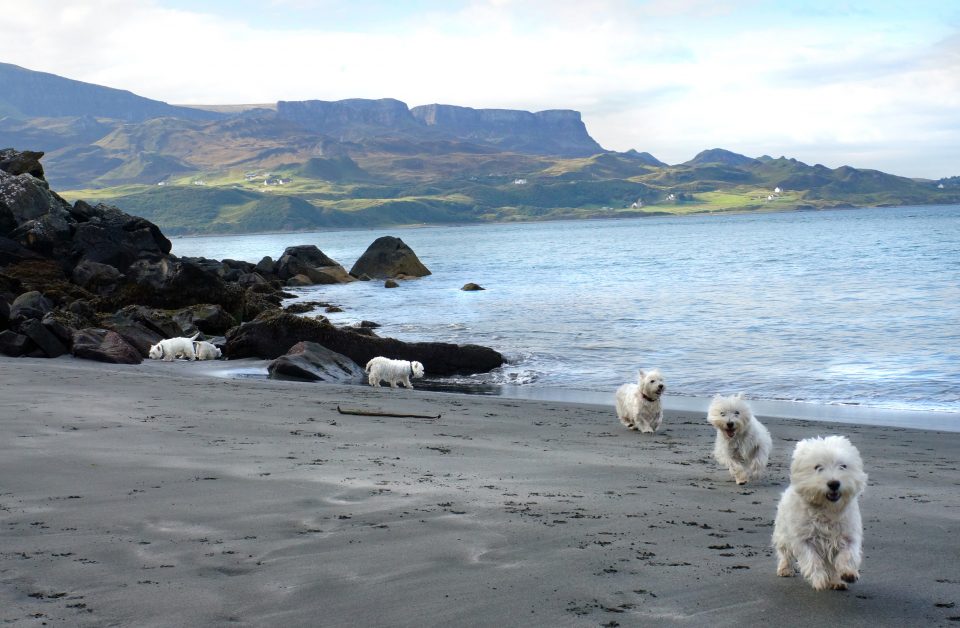
The beach is a wonderful place to spend time together as long as you are aware and stay safe!
(our westies having fun at Stafainn Bay, Isle of Skye)

